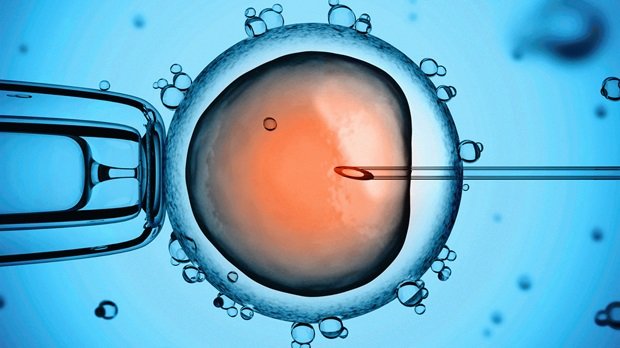However, treatment with progesterone may increase the risk of autism disorders.
Again and again there was an increased risk of autism due to artificial insemination in the room. An international research group now investigated the risk of autism spectrum disorders after artificial insemination and hormonal treatments.
The autism spectrum is a group of disorders in which the development of the brain is impaired. Different types of autism are distinguished, all of which manifest themselves through disturbed social interaction and communication as well as through stereotypical behavior. The symptoms can be very mild to very severe.
In Asperger syndrome, for example, there are no developmental arrears and sometimes even high intelligence in some areas. Boys are more often affected than girls.
In the current study, the scientists evaluated the data from more than 110,000 births from the years 1999 to 2008. At least 975 children were observed to have disorder on the autism spectrum detected. This corresponds approximately to the real distribution of one percent. No association could be identified between in vitro fertilization (IVF) and increased risk of autism spectrum disorders.
However , this was different with hormonal treatment with progesterone: Children whose mothers were treated with progesterone in early pregnancy or for artificial insemination were at increased risk compared to treatments without progesterone.
Progesterone is a corpus luteum hormone and is intended to support the implantation of the embryo in the uterus. It can be taken to promote pregnancy.

